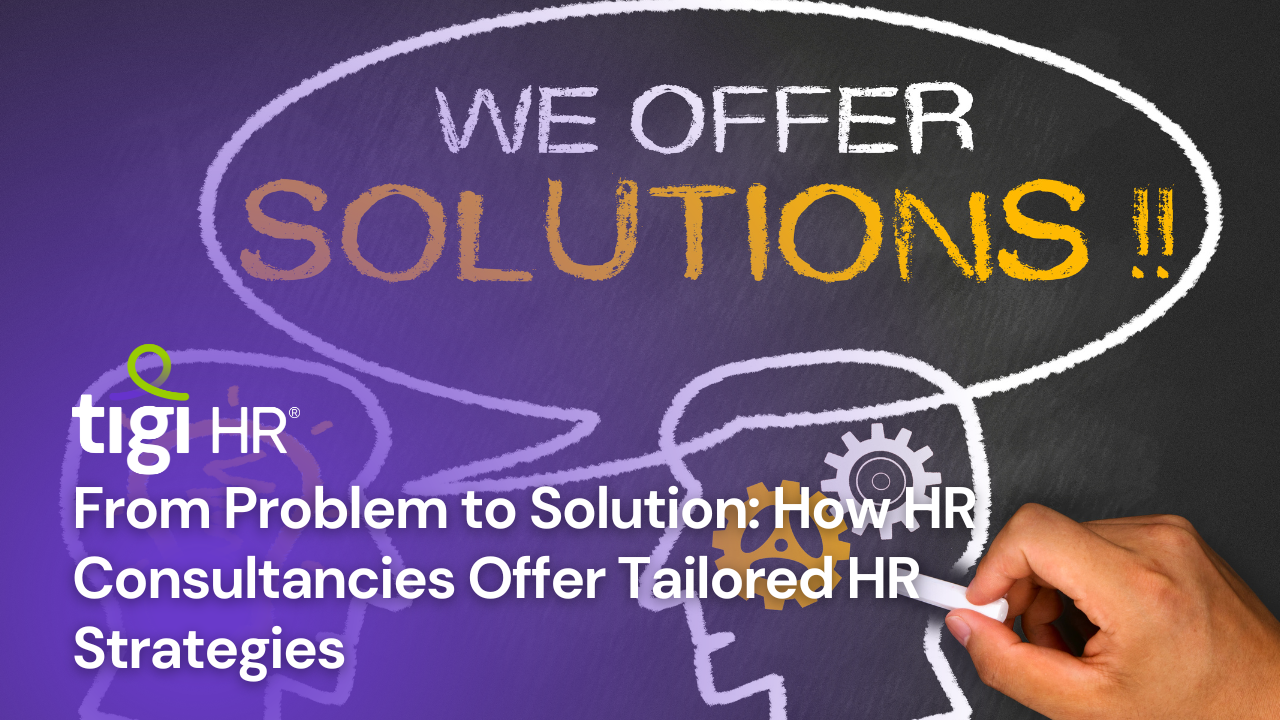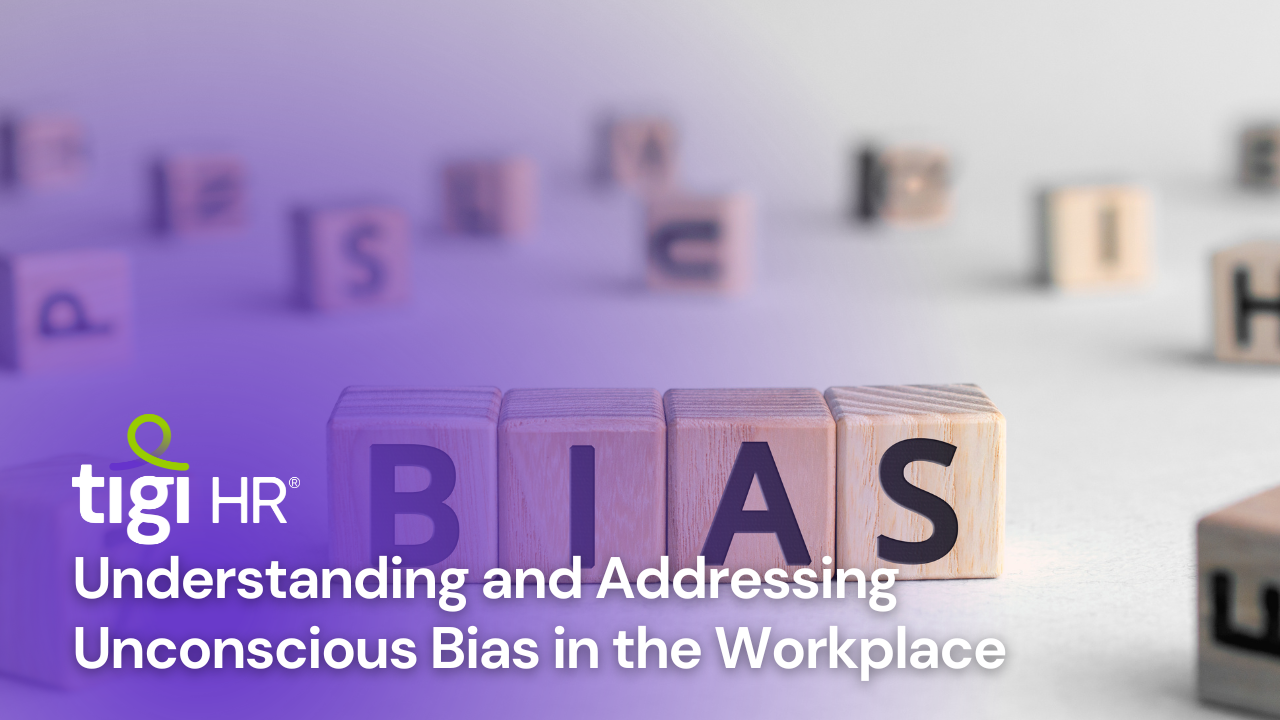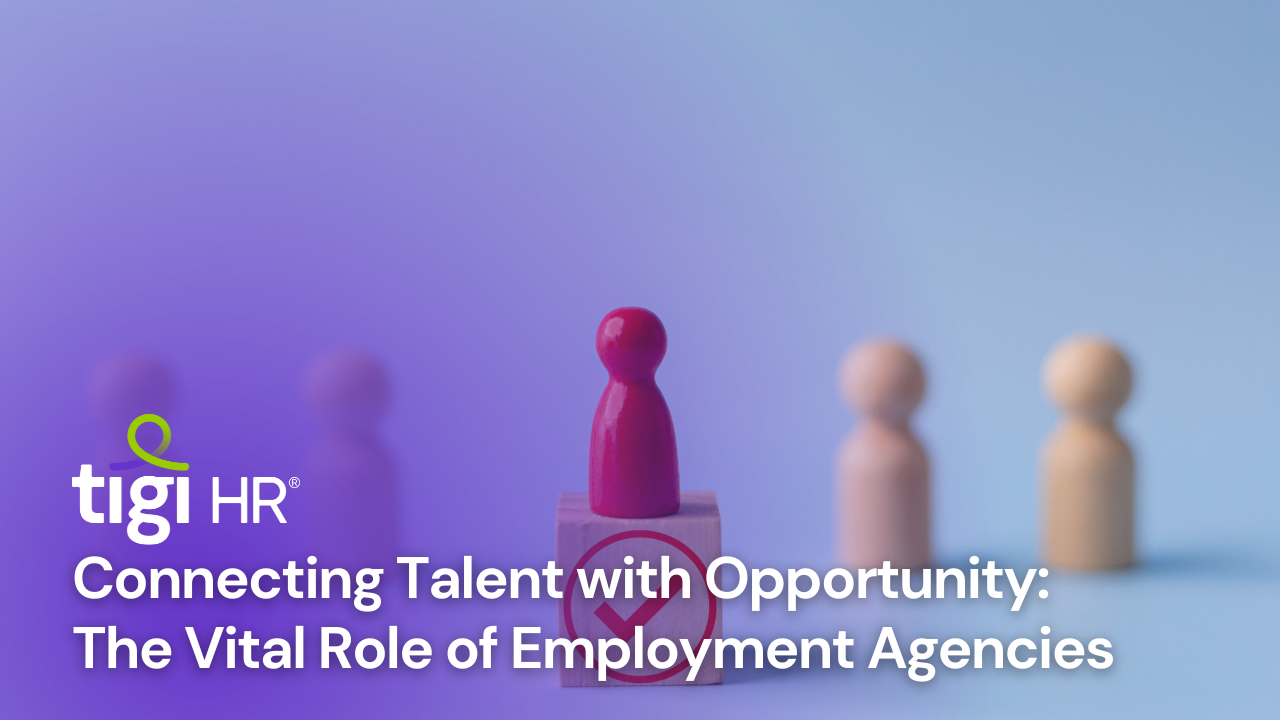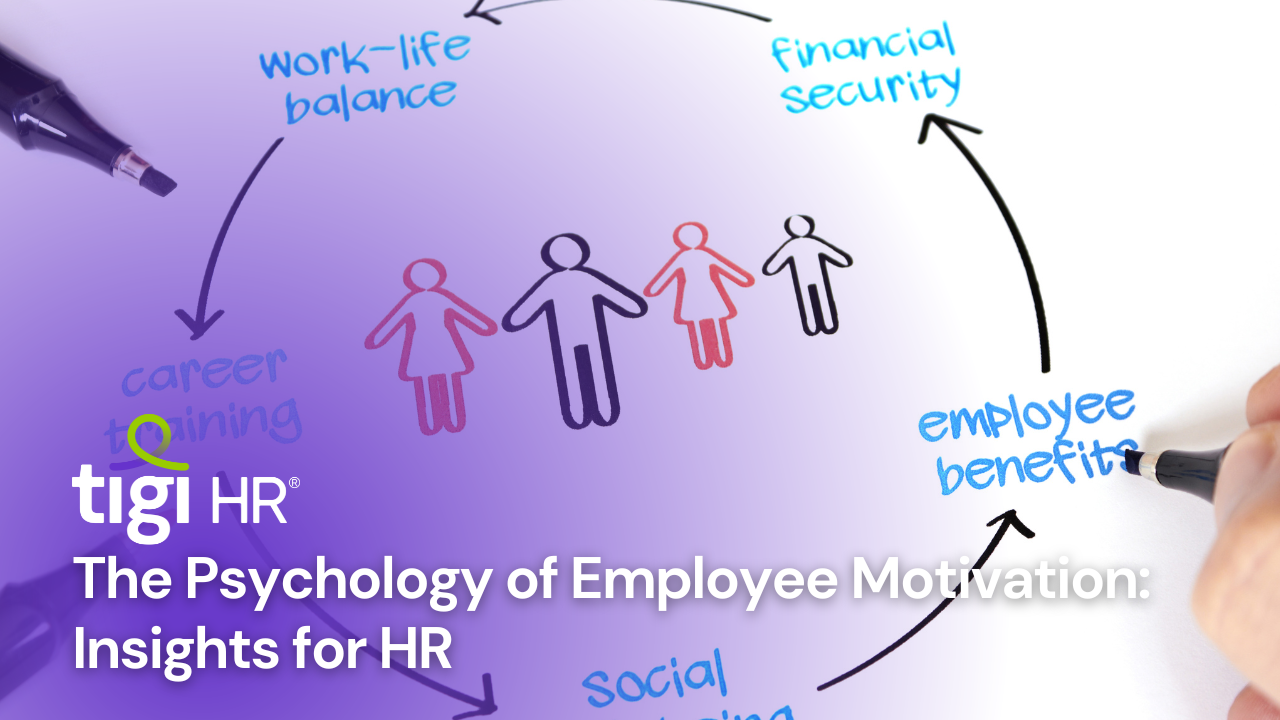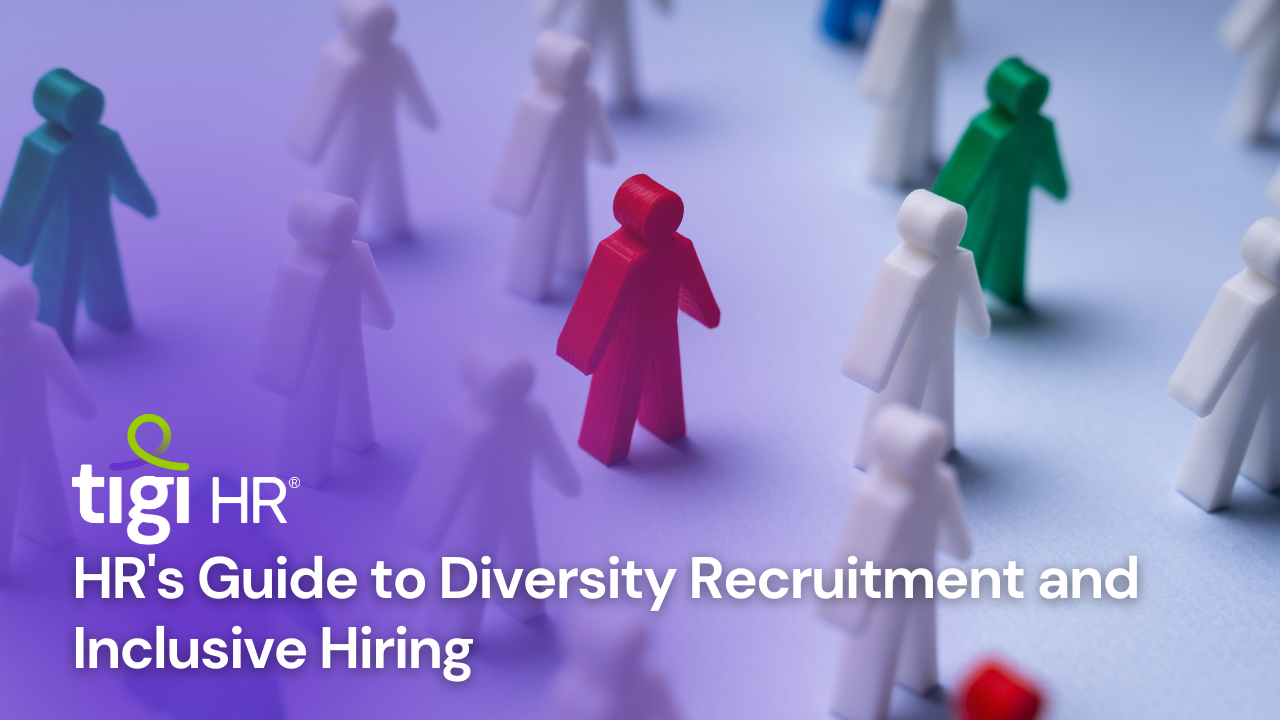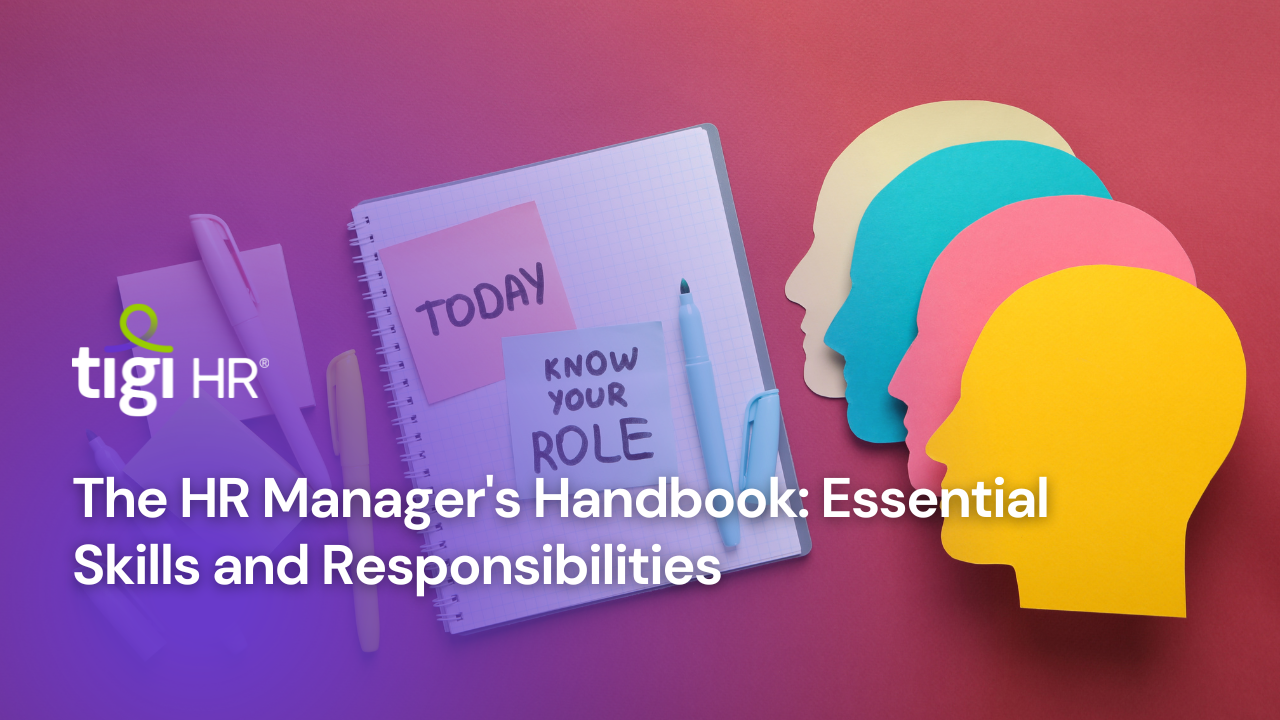Embarking on the HR consultancy journey unfolds a tapestry of transformative strategies. Surveys reveal trends in tech integration, employee well-being, and diversity. Metrics measure success in satisfaction, productivity, and retention. Challenges met include change resistance and tech pace. Client testimonials highlight engagement boosts. The conclusion applauds consultancies as architects of change, guiding businesses into an adaptive HR future.
Month: November 2023
Understanding and Addressing Unconscious Bias in the Workplace
Delve into the labyrinth of unconscious bias in the workplace—where societal stereotypes quietly influence decisions. This invisible force impacts individuals, hindering growth and fostering exclusion. Organizations must adopt strategies like blind recruitment, inclusive leadership, and continuous education to create equitable environments. By measuring progress and embracing diversity, workplaces can break free from bias, cultivating spaces where every individual thrives.
Connecting Talent with Opportunity: The Vital Role of Employment Agencies
Exploring the dynamic world of employment agencies unveils a tapestry of evolution, challenges, and success stories. From harnessing cutting-edge technologies to navigating global talent dynamics, these agencies are pivotal in connecting individuals with opportunities. With insights into industry-specific nuances and a keen eye on the future, this exploration serves as a guide for job seekers and employers alike. Embrace the transformative journey with employment agencies, where talent meets opportunity.
The Psychology of Employee Motivation: Insights for HR
Unraveling the intricate dance of employee motivation, HR leaders orchestrate success through tailored strategies. Acknowledging diverse drivers, embracing intangible rewards, and leveraging analytics, they transform the workplace into a dynamic, engaging space. Gamification and personal growth initiatives infuse play and purpose, while emotionally intelligent leadership conducts the symphony. In this nuanced approach, HR cultivates a motivated workforce, contributing not only to individual growth but also steering the organization towards sustained prosperity.
HR’s Guide to Diversity Recruitment and Inclusive Hiring
Embrace diversity in recruitment with strategic HR practices. From fostering an inclusive culture to implementing blind recruitment, HR professionals lead the charge for a diverse workforce. Explore innovative strategies and celebrate differences to unlock your team’s full potential.
Your Career Catalyst: How an Employment Agency Can Launch Your Success
Employment agencies are not mere job connectors; they’re strategic partners shaping careers. Insights show a 50% higher likelihood of job satisfaction when candidates engage with these agencies. From tailored job matching to overcoming challenges, they play pivotal roles. Success stories illustrate their transformative impact. Choosing the right agency is key, impacting long-term career fulfillment. It’s a dynamic alliance, guiding individuals through the complexities of the job market towards sustained success.
The HR Manager’s Vital Role: Balancing People and Policies for Organizational Success
In the modern corporate landscape, the Human Resources (HR) manager stands at the nexus, bridging the gap between organizational policies and the diverse needs of its people. This excerpt delves into the multifaceted responsibilities and critical skills an HR manager employs to harmonize human dynamics with policy frameworks, propelling organizational success.
### Essential Responsibilities and Skills of an HR Manager
#### 1. **Strategic Planning and Alignment**
At the core of an HR manager’s role lies strategic planning—aligning HR strategies with the broader organizational goals. This entails analyzing workforce trends, forecasting needs, and developing strategies for talent optimization. Notably, 71% of HR professionals deem strategic planning critical for organizational success, according to SHRM.
#### 2. **Effective Communication and Interpersonal Skills**
Strong communication forms the bedrock of an HR manager’s success. Engaging with employees and fostering collaboration across departments necessitate robust communication skills. Research by the International Association of Business Communicators emphasizes the pivotal role communication plays in an HR manager’s career progression.
#### 3. **Talent Acquisition and Management**
Acquiring and retaining top talent is pivotal. Crafting enticing job descriptions, conducting interviews, and devising seamless onboarding strategies are integral components. The financial repercussions of a bad hire, amounting to 30% of an employee’s annual salary, highlight the significance of effective talent management.
#### 4. **Employee Relations and Engagement**
Creating a conducive work environment and nurturing employee engagement are vital responsibilities. Addressing grievances and promoting work-life balance are key facets. Gallup’s findings showcase that engaged employees contribute significantly to a company’s success, being 17% more productive.
#### 5. **Policy Adherence and Compliance Management**
Navigating a complex maze of regulations and internal policies is intrinsic to an HR manager’s role. Upholding compliance in hiring practices and workplace safety is critical. Studies by Ernst & Young reveal that HR professionals spend nearly 39% of their time on administrative tasks, including compliance-related activities.
#### 6. **Training and Development Initiatives**
Investing in employee development fuels organizational growth. HR managers lead initiatives aimed at enhancing employees’ skills and fostering a culture of continuous learning. Research by LinkedIn underlines that career development investments lead to increased employee retention.
#### 7. **Performance Management and Feedback**
Guiding employee performance is pivotal for productivity. HR managers oversee appraisals and set goals aligned with company objectives. Deloitte’s research highlights that revisiting performance management processes leads to significant performance advantages.
#### 8. **Conflict Resolution and Mediation**
Resolving disputes and maintaining a harmonious work environment is integral. HR managers mediate conflicts while upholding company policies.
#### 9. **Continuous Adaptation and Learning**
The HR landscape evolves rapidly. HR managers stay updated with industry trends, acquire certifications, and network within the HR community to stay abreast of developments.
### Balancing Act: Policies and People-Centric Approaches
An HR manager’s role is a delicate equilibrium between policies and people-centric approaches. They safeguard the company culture while ensuring policies align with employees’ needs.
By championing engagement initiatives, fostering positive work cultures, ensuring policy adherence, and investing in talent, HR managers shape an environment conducive to growth, productivity, and organizational triumph.
### Conclusion
The HR manager’s role encapsulates a dynamic blend of policy management and people-oriented skills. Their ability to navigate human dynamics within policy frameworks steers organizations towards a harmonious, engaged, and successful workforce—a testament to their indispensable role in today’s business landscape.
Mastering the Role: The HR Manager’s Essential Skills and Responsibilities Handbook
In the intricate tapestry of modern business, the role of an HR manager stands as a pivotal force shaping the culture, dynamics, and success of an organization. This condensed handbook encapsulates the crucial skills and multifaceted responsibilities that define an HR manager’s role—a dynamic amalgamation of leadership, communication, talent management, compliance, and fostering a thriving work culture.
### 1. **Strategic Planning and Leadership**
At the helm of an HR manager’s skill set lies strategic planning and leadership prowess. This involves aligning HR strategies with the broader organizational goals, envisioning workforce needs, and implementing strategies that steer the company toward growth and success. Strategic planning, deemed critical by 71% of HR professionals, serves as a compass in navigating organizational pathways.
### 2. **Effective Communication and Interpersonal Skills**
The cornerstone of an HR manager’s success is effective communication. From engaging with employees to collaborating across departments, the ability to communicate clearly and empathetically is pivotal. A study by the International Association of Business Communicators underscores that 60% of HR managers believe that strong communication skills are vital for career advancement.
### 3. **Talent Acquisition and Recruitment Expertise**
Crafting a talent pool that aligns with the company’s goals demands adeptness in talent acquisition. Crafting compelling job descriptions, conducting interviews, and orchestrating seamless onboarding strategies are integral facets. The cost of a bad hire can amount to a significant 30% of an employee’s annual salary, underscoring the importance of effective talent acquisition skills.
### 4. **Employee Relations and Engagement Strategies**
The heart of organizational success often beats within engaged employees. An HR manager’s responsibility includes fostering a positive work environment, addressing concerns, and championing initiatives that bolster employee morale and engagement. Engaged employees, according to Gallup, are 17% more productive and contribute significantly to a company’s success.
### 5. **Policy Adherence and Compliance Management**
Navigating the intricate labyrinth of regulations, labor laws, and internal policies is intrinsic to an HR manager’s role. Upholding compliance across various domains, from hiring practices to workplace safety, is critical to avoid legal pitfalls. A staggering 39% of an HR manager’s time is dedicated to administrative tasks, including compliance-related activities, according to EY’s findings.
### 6. **Training and Development Initiatives**
Investing in employee growth and skill enhancement fuels organizational advancement. HR managers spearhead initiatives that nurture a culture of continuous learning, conducting training programs and workshops that empower employees. LinkedIn’s research demonstrates that 94% of employees would prefer to stay longer at a company that invests in their career development.
### 7. **Performance Management and Feedback Skills**
Guiding employee performance and providing constructive feedback are hallmarks of an effective HR manager. Overseeing performance appraisals and setting goals aligned with company objectives are pivotal in enhancing productivity. Organizations regularly revisiting their performance management processes are statistically 1.7 times more likely to outperform their peers, as per Deloitte’s study.
### 8. **Conflict Resolution and Mediation Expertise**
Navigating through conflicts and resolving workplace issues is an intrinsic part of an HR manager’s role. Facilitating constructive dialogue and maintaining a harmonious work environment are critical amidst disputes, fostering an atmosphere that upholds company policies and nurtures professional relationships.
### Conclusion
This condensed handbook serves as a compass for HR managers, outlining the essential skills and diverse responsibilities intrinsic to their role. Mastering these skills, shouldering multifaceted responsibilities, and striking a harmonious balance between policies and people-centric approaches steer an organization toward a cohesive, engaged, and successful workforce—a testament to the indispensable role HR managers play in modern business landscapes.
Unveiling the Dynamics of HR: A Day in the Life of an HR Manager
The role of an HR manager encapsulates a diverse spectrum of responsibilities, each contributing to the orchestration of a harmonious and productive work environment. A typical day in the life of an HR manager is a dynamic amalgamation of strategic planning, employee engagement, talent acquisition, compliance management, and continuous learning—a journey that unfolds amidst the complexities of human dynamics and organizational intricacies.
### Early Morning: Charting the Strategic Course
The day commences with strategic planning—a time when an HR manager meticulously maps out the priorities and objectives for the day. This phase involves aligning HR initiatives with the overarching goals of the organization. The strategic planning phase forms the bedrock of an HR manager’s role, as highlighted by a study by the Society for Human Resource Management (SHRM) indicating that 71% of HR professionals view strategic planning as a vital aspect of their responsibilities.
### Engaging with Employees: The Human Touch
Interacting with employees is a cornerstone of an HR manager’s day. These interactions range from addressing queries related to benefits and policies to providing guidance on workplace matters. Effective communication skills are instrumental in fostering healthy employee relations—a critical aspect, considering that only 13% of employees worldwide are engaged in their jobs, as per Gallup’s research.
### Recruitment and Talent Acquisition: Finding the Right Fit
A substantial portion of an HR manager’s time is devoted to recruitment activities. This entails screening resumes, conducting interviews, and collaborating with hiring managers to identify and onboard top talent. The meticulous process of talent acquisition, averaging at about 42 days per position, underscores the significance of finding the right fit for the organization.
### Administrative Tasks: Upholding Operations
The administrative facet of HR management involves managing paperwork, ensuring compliance with regulations, and overseeing payroll and benefits administration. A study by Ernst & Young reveals that HR professionals dedicate nearly 39% of their time to administrative tasks, signifying the substantial load in managing the operational aspect of HR.
### Training and Development: Nurturing Growth
Investing in employee development is pivotal for organizational growth. HR managers are instrumental in planning and executing training programs aimed at enhancing employees’ skills and fostering a culture of continuous learning. LinkedIn’s research underscores the impact of such initiatives, with 94% of employees expressing a willingness to stay longer at a company that invests in their career development.
### Performance Management: Guiding Success
Effective performance management is integral to driving productivity and engagement. HR managers oversee performance appraisals, provide feedback, and assist in setting goals for employees. Deloitte’s survey reveals that organizations revisiting their performance management processes regularly are 1.7 times more likely to outperform their peers.
### Conflict Resolution: Navigating Challenges
Conflicts and workplace issues are inherent in any organization. HR managers play a crucial role in mediating disputes, resolving conflicts, and maintaining a harmonious work environment while upholding company policies.
### Continuous Learning and Adaptation: Embracing Evolution
The HR landscape is in a constant state of evolution. HR managers dedicate time to staying updated with industry trends, obtaining certifications, and networking within the HR community to enhance their skills and stay abreast of emerging practices and technologies.
### Conclusion
The life of an HR manager unfolds as a tapestry woven with diverse responsibilities, each thread contributing to the fabric of a thriving organization. Balancing strategic planning, employee engagement, talent acquisition, compliance management, and continuous learning, an HR manager navigates the complexities of human dynamics and organizational exigencies, shaping a workplace that fosters growth, productivity, and success.
Empowering Modern Businesses: Essential HR Tools Revolutionizing Workforce Management
In the contemporary business landscape, the integration of cutting-edge HR tools has reshaped the traditional role of Human Resources (HR). These essential tools have become the linchpin for organizations striving to optimize their workforce management strategies and navigate the complexities of a rapidly evolving marketplace. Let’s explore a condensed overview of some indispensable HR tools reshaping the modern workplace.
### 1. **Applicant Tracking Systems (ATS)**
The quest for top talent begins with an efficient recruitment process. Applicant Tracking Systems (ATS) revolutionize hiring practices by automating and centralizing the recruitment workflow. These systems enable HR professionals to post job listings across multiple platforms, screen resumes, and track candidate progress seamlessly. A staggering 75% of recruiters and talent managers harness the power of ATS to enhance their hiring processes, according to insights from Capterra.
### 2. **Human Resource Information Systems (HRIS)**
Efficient HR operations hinge on the effective management of vast amounts of data. HRIS platforms serve as centralized hubs for storing and managing employee information, payroll data, and performance metrics. These systems streamline administrative tasks, ensure data accuracy, and empower decision-making by providing comprehensive workforce insights. Research by Sierra-Cedar indicates that 89% of organizations leverage HRIS to optimize their HR functions.
### 3. **Performance Management Software**
Guiding and evaluating employee performance is pivotal for organizational growth. Performance management software facilitates goal setting, continuous feedback, and performance appraisals. These tools empower HR teams and managers to monitor progress, identify skill gaps, and align individual goals with overarching organizational objectives. Gartner’s findings emphasize that companies excelling in performance management processes are 41% more likely to experience above-average profitability.
### 4. **Learning Management Systems (LMS)**
A culture of continuous learning is instrumental in fostering employee development. LMS platforms provide a digital infrastructure for delivering, tracking, and managing training programs. These systems enable employees to access learning resources at their convenience, nurturing a culture of growth and skill enhancement within the organization. Studies by LinkedIn underscore that 94% of employees value career development initiatives, impacting their retention and commitment to the company.
### 5. **Employee Engagement Platforms**
The vitality of employee engagement in driving organizational success cannot be overstated. Employee engagement platforms facilitate communication, collaboration, and recognition within the workforce. With features like surveys, social hubs, and recognition tools, these platforms cultivate a positive work environment. Gallup’s research underscores that highly engaged teams contribute to a remarkable 21% increase in profitability.
### Conclusion
In today’s dynamic business landscape, the adoption of these essential HR tools is no longer a luxury but a strategic necessity for organizations striving to thrive and remain competitive. These tools collectively empower HR departments to streamline operations, nurture talent, and create an environment conducive to growth and innovation.
The transformative impact of these HR tools transcends mere operational efficiency; they represent the cornerstone of a people-centric approach that drives organizational success. As businesses navigate the complexities of a rapidly evolving market, leveraging these indispensable HR tools becomes an integral part of fostering a dynamic, engaged, and resilient workforce—ultimately shaping the trajectory of business success in the modern era.


